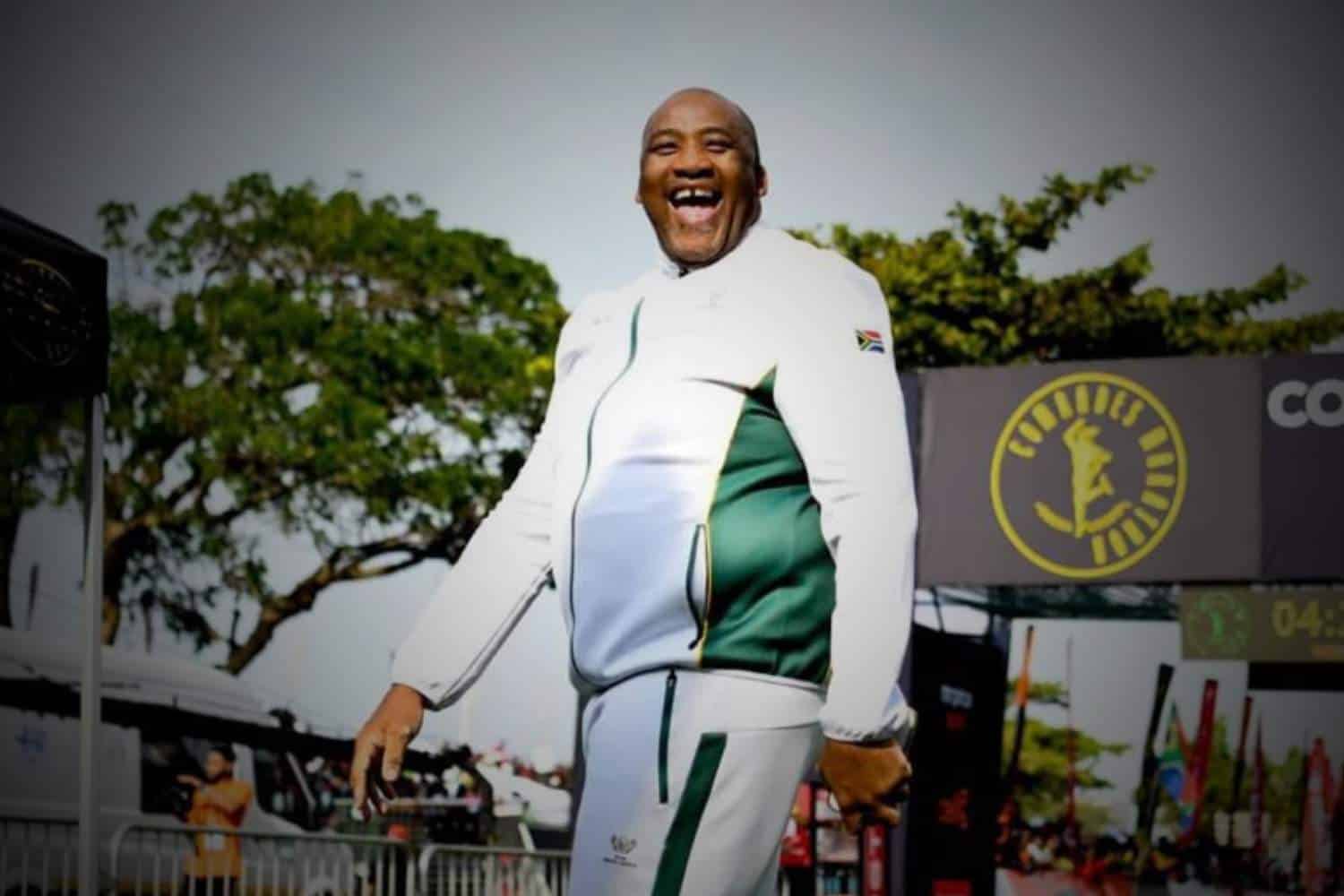Patriotic Alliance president Gayton McKenzie has submitted his formal response to the South African Human Rights Commission (SAHRC) after the body accused him of hate speech for old social media posts that resurfaced.
Gayton McKenzie responds to SAHRC deadline
The SAHRC had given him a deadline to explain himself, warning that possible penalties could include diversity training, a public apology, and paying compensation to a non-profit organisation.
According to a statement from the Patriotic Alliance, McKenzie said he was targeted unfairly and accused the SAHRC of acting before hearing his side of the story.
He said the Commission “made itself the prosecutor, the judge, the jury, the sentencer and the executioner” by going public with preliminary findings without first investigating.
The SAHRC is a Chapter 9 institution set up by South Africa’s Constitution to protect human rights. It often investigates cases where people are accused of racism, discrimination or harmful speech.
The k-word is one of the most offensive racial slurs in South Africa, historically used to demean and dehumanise black people. South African law, through the Promotion of Equality and Prevention of Unfair Discrimination Act (PEPUDA), classifies such words as potential hate speech if they show intent to harm, promote hatred, or cause unfair discrimination.
The SAHRC said it had found prima facie evidence of hate speech. In simple terms, this means they believe there is enough initial evidence to justify a case, although it has not yet been tested in court.
In his response, McKenzie denied ever promoting racism.
He said the controversial posts had been misunderstood because they were taken out of context. He explained that many of his tweets were written to criticise racism, not to endorse it.
For example, one tweet quoted a derogatory statement made by Mahatma Gandhi in the 1800s about Africans. McKenzie said he posted it to highlight Gandhi’s racist views, not to repeat them.
In another post, he said he rejected casual use of racial slurs within coloured communities by bluntly responding “b******t” to another user who defended such language.
McKenzie also said that in many of his posts, he defended black leaders from racist attacks and rejected stereotypes about Africans. He argued that he has always self-identified as a black man and attached a 60-page document of past tweets to show his consistent stance against racism.
McKenzie criticised the SAHRC for publicising its findings before contacting him directly. He claimed he only discovered the official letter days later in the inbox of an administrative assistant at the Department of Sport, Arts and Culture.
He said the handling of the case had embarrassed him in his workplace and caused reputational harm. He added that the Commission was being influenced by political opponents, including ActionSA leader Herman Mashaba, who referred him to the SAHRC after the old tweets were circulated online.
McKenzie warned that if the case goes to court, he will “relish the opportunity” to defend himself and prove he is not guilty of hate speech. He also said he was open to deleting tweets that may have caused confusion due to Twitter’s old formatting system.
